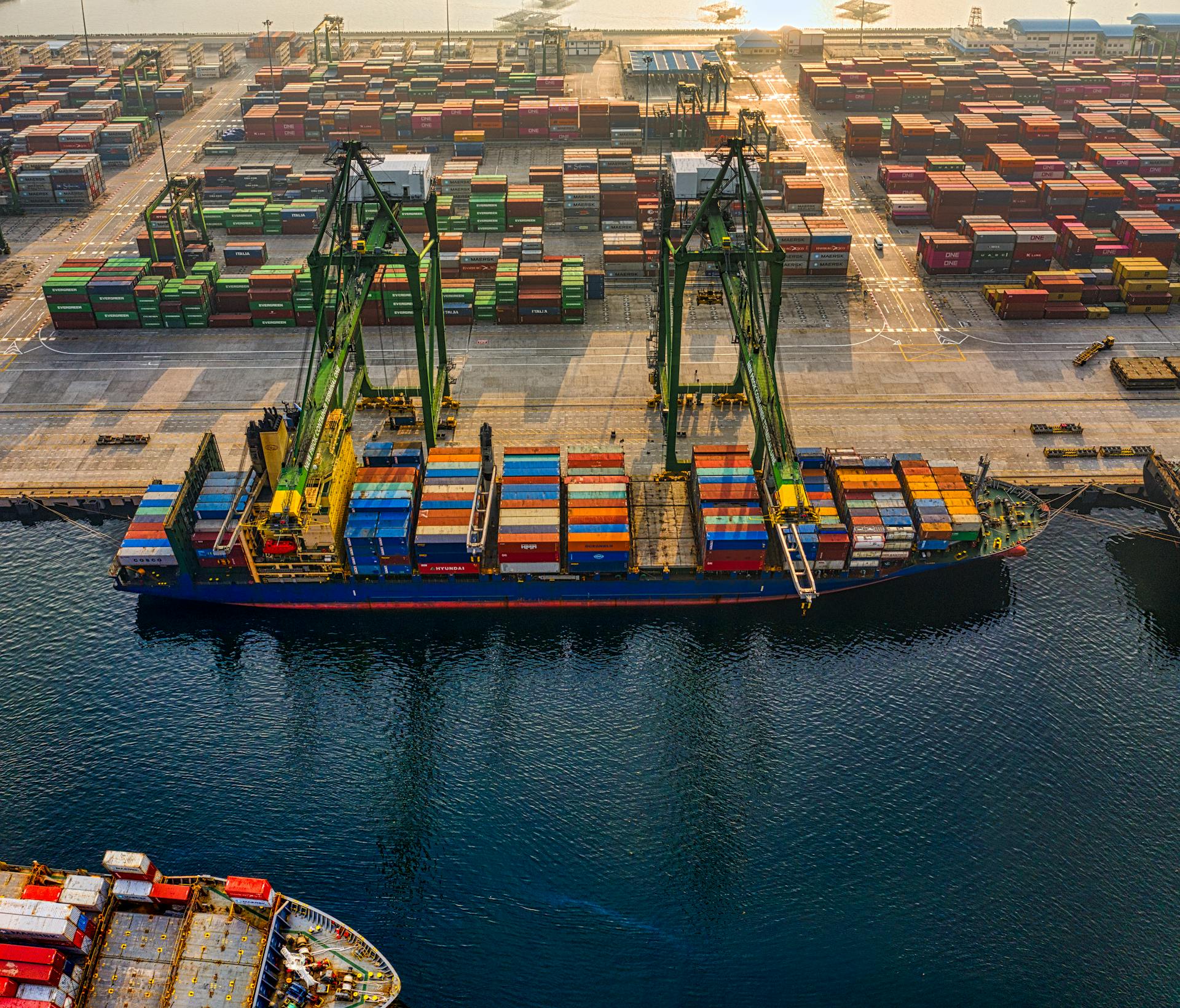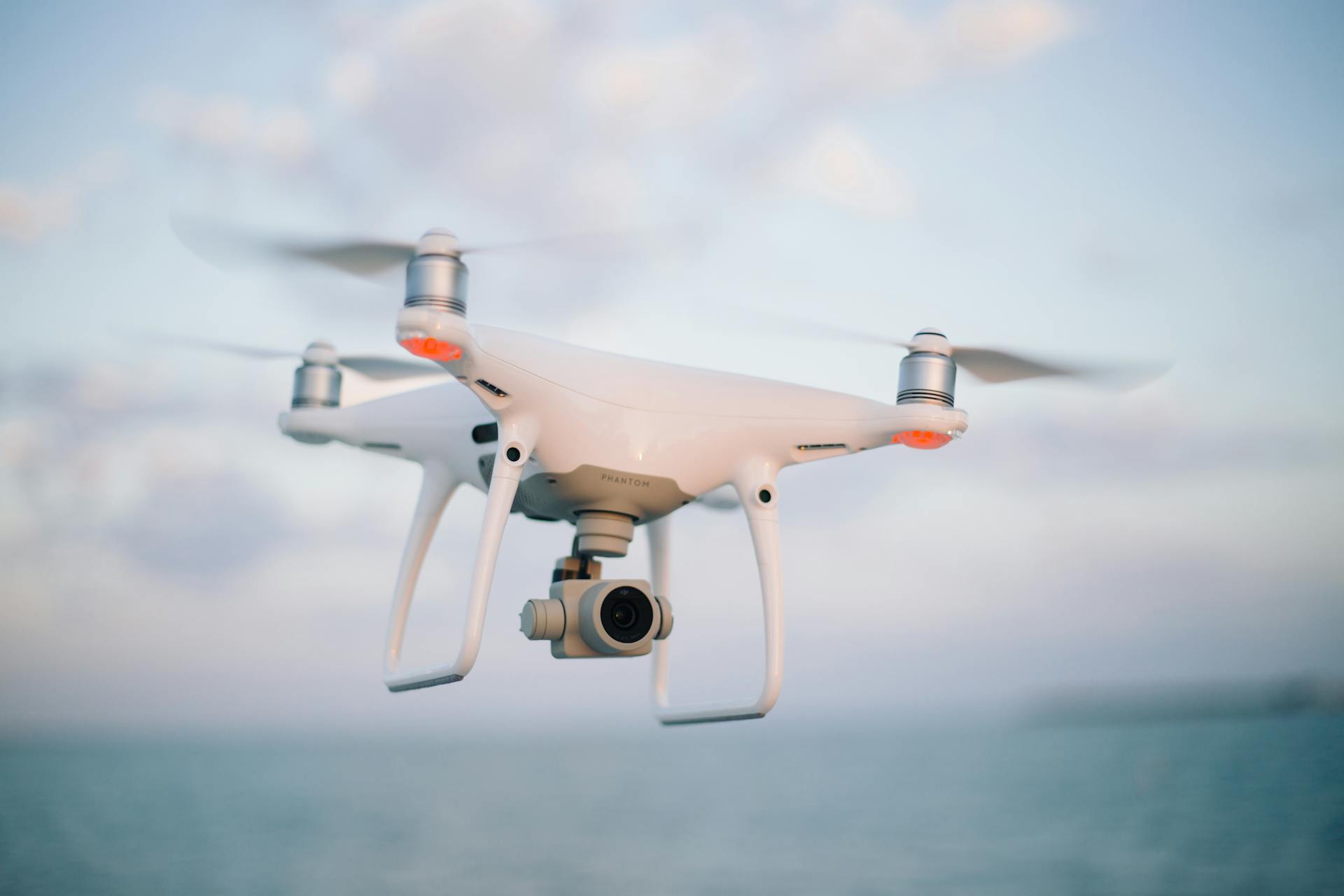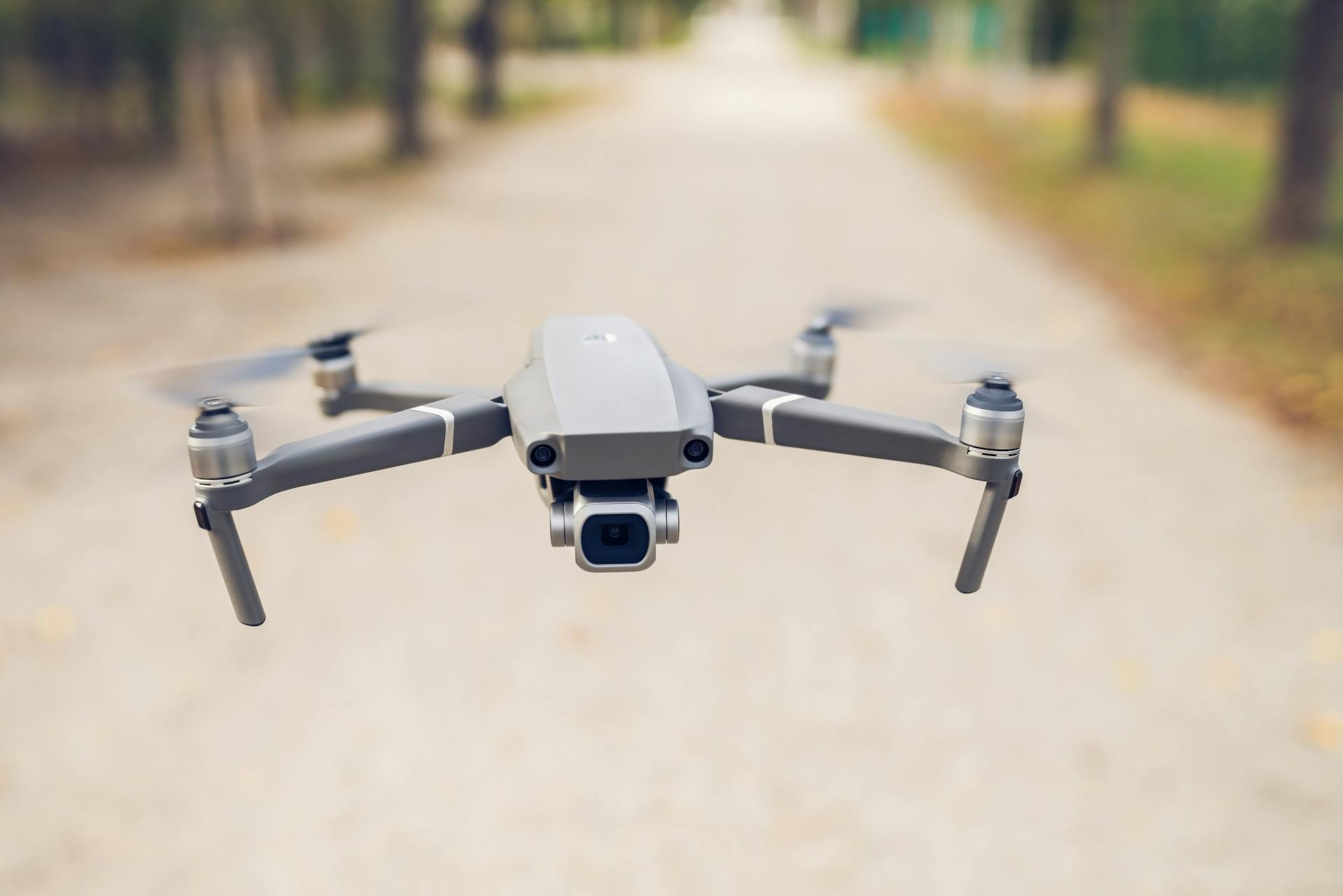
Canada's RPAS industry is taking off, with a growing number of companies and organizations investing in this technology. The country's unique combination of natural resources, innovative spirit, and regulatory environment is making it an attractive hub for RPAS development and deployment.
According to the Canadian government, the RPAS industry is expected to create over 2,500 jobs and generate $30 billion in economic activity by 2025. This growth is driven by the increasing demand for RPAS in industries such as agriculture, construction, and environmental monitoring.
Canada's RPAS industry is also benefiting from the country's vast and diverse geography, which provides a unique testing ground for RPAS technology. The Canadian government has established several test sites across the country, including the National Research Council's (NRC) Test Range in Alberta.
The NRC's Test Range is a state-of-the-art facility that allows companies to test and validate their RPAS systems in a controlled environment. This has enabled companies like Thales and CAE to develop and demonstrate their RPAS capabilities in Canada.
On a similar theme: Rpas Army
Canadian RPAS Programs
Canadian RPAS Programs are thriving, thanks to the collaborative efforts of industry leaders across aerospace, space, and unmanned systems. Canadian industry is at the forefront of RPAS solutions, with a focus on onboard automation and flexible-based technologies.
Some of the innovative technologies being developed include Automatic Takeoff and Landing Control (ATLC), autonomous taxi via SATCOM, and automated aircraft start and shutdown. These advancements are crucial for the safe and efficient operation of RPAS systems.
Canadian industry is also committed to ensuring regional sustainment and in-service support of RPAS systems, guaranteeing that these systems remain operational and effective over time. This is a critical aspect of maintaining Canadian sovereignty and security.
With over 2,000 Canadian contractors and suppliers working with Team SkyGuardian teammates, the country is well-positioned to support the growth and development of RPAS programs. This network of partners is growing fast, with new collaborations emerging regularly.
For your interest: Rpas
Canadian Involvement
Canadian industry is leading the way in RPAS solutions, with a focus on innovative technologies that are already being implemented today.
Canadian industry is combining aerospace, space, and unmanned systems expertise to solve tomorrow's RPAS challenges.
RPAS onboard automation and flexible-based technologies are being developed, including Automatic Takeoff and Landing Control (ATLC), autonomous taxi via SATCOM, automated aircraft start and shutdown, and more.
These technologies are being brought to life by Canadian industry, which is working together to create cutting-edge RPAS solutions.
Canadian industry is committed to ensuring regional sustainment and in-service support of RPAS systems, which is critical for effective RPAS operations.
Here are some examples of RPAS onboard automation and flexible-based technologies being developed by Canadian industry:
- Automatic Takeoff and Landing Control (ATLC)
- Autonomous taxi via SATCOM
- Automated aircraft start and shutdown
RPAS Regulations and Rules
In Canada, RPAS regulations are overseen by Transport Canada.
The main purpose of RPAS regulations is to ensure public safety and security.
Transport Canada has established a framework for RPAS operations, which includes requirements for registration, marking, and operation.
To operate an RPAS, you must register it with Transport Canada.
You'll need to provide information such as the RPAS's make, model, and serial number, as well as your contact details.
Additional reading: Regulation of UAVs in Canada
Transport Canada also requires RPAS operators to obtain a Special Flight Operations Certificate (SFOC) for certain types of operations.
An SFOC is required for operations that are not covered by the standard RPAS regulations, such as flying over people or in restricted airspace.
Transport Canada has a list of restricted airspace areas that you should be aware of before operating your RPAS.
These areas include national parks, military bases, and other sensitive locations.
You can find more information on restricted airspace areas on Transport Canada's website.
RPAS Types and Capabilities
The MQ-9B SkyGuardian is a state-of-the-art RPAS system that's ready to deliver world-class multi-domain awareness to Canada for a wide range of mission sets.
This RPAS has a unique Detect and Avoid system, making it the first-ever to safely operate in non-segregated airspace. This system ensures safe operations in shared skies.
The MQ-9B SkyGuardian also features an ice protection system, allowing it to operate in adverse weather conditions. This is a game-changer for Canadian missions that require flying in harsh weather.
Here are some key capabilities of the MQ-9B SkyGuardian:
- First-ever Detect and Avoid system for RPAS to safely operate in non-segregated airspace.
- Ice protection system for operations in adverse weather conditions.
- Exclusive interoperability with assets from Canada's closest allies, including NORAD, FVEY, and NATO.
- Seamless integration with current and future Canadian Defence and civil air and ground assets.
MQ-9B Skyguardian
The MQ-9B SkyGuardian is a cutting-edge RPAS system that's ready to deliver world-class multi-domain awareness to Canada for a wide range of mission sets.
It's a proven state-of-the-art system that's exclusively interoperable with assets from Canada's closest allies, including NORAD, FVEY, and NATO.
The MQ-9B SkyGuardian seamlessly integrates with current and future Canadian Defence and civil air and ground assets.
This system is the world's first RPAS with a certifiable design to fly in non-segregated airspace.
Here are some key features that make the MQ-9B SkyGuardian stand out:
- First-ever Detect and Avoid system for RPAS to safely operate in non-segregated airspace.
- Ice protection system that allows for operations in adverse weather conditions.
- GA-ASI-developed Detect and Avoid (DAA) system, which consists of a Due Regard Radar, Traffic Alert and Collision Avoidance System (TCAS II), and Automatic Dependent Surveillance-Broadcast (ADS-B).
The MQ-9B SkyGuardian is the result of a five-year company-funded program to deliver an RPAS that meets the stringent airworthiness requirements of NATO and various civil authorities.
Small Remotely Piloted Aircraft
The MQ-9B SkyGuardian is a remarkable example of a Small Remotely Piloted Aircraft (RPAS). It's the first RPAS to be certified for safe operation in non-segregated airspace.
This RPAS has a unique Detect and Avoid system that allows it to safely operate alongside other air traffic. The system consists of a Due Regard Radar, Traffic Alert and Collision Avoidance System, and Automatic Dependent Surveillance-Broadcast.
The MQ-9B SkyGuardian is also equipped with an ice protection system, making it capable of operating in adverse weather conditions. This is a significant advantage for missions that require flexibility and adaptability.
Here are some key features of the MQ-9B SkyGuardian:
The MQ-9B SkyGuardian is a state-of-the-art RPAS system that's ready to deliver world-class multi-domain awareness to Canada for a wide range of mission sets.
Industry and Future
Canada's RPAS industry is on the cusp of significant advancements. We're catalyzing technological breakthroughs from AI, machine-to-machine learning, and automation to RPAS in non-segregated airspace.
These innovations will enable RPAS to operate more efficiently and safely, paving the way for increased adoption in various sectors. Team SkyGuardian is at the forefront of this movement, always looking to add new capabilities to the team.
Empowering a Skilled Workforce to Anticipate Industry Needs
Empowering a skilled workforce to anticipate the evolving needs of the RPAS industry is crucial for its growth and success. This requires a diverse range of skills, including engineering, research and development, manufacturing, program management, aircraft and avionics mechanics, and flight training instructors.
Engineering skills are essential to design and develop new RPAS systems. Research and development expertise is necessary to stay ahead of the curve and adapt to changing regulations and technologies.
Manufacturing expertise ensures that RPAS systems are built to high standards and meet customer requirements. Program management skills are vital to oversee the entire lifecycle of an RPAS project, from development to deployment.
Aircraft and avionics mechanics are responsible for maintaining and repairing RPAS systems, ensuring they remain airworthy and safe to operate. Flight training instructors teach pilots the skills they need to operate RPAS systems effectively and safely.
These diverse skills are essential to empowering a skilled workforce that can anticipate and meet the evolving needs of the RPAS industry.
Defining the Future
The future of RPAS is being shaped by technological breakthroughs. We're seeing significant advancements in AI, machine-to-machine learning, and automation.
These innovations are paving the way for RPAS to operate in non-segregated airspace.
Featured Images: pexels.com


